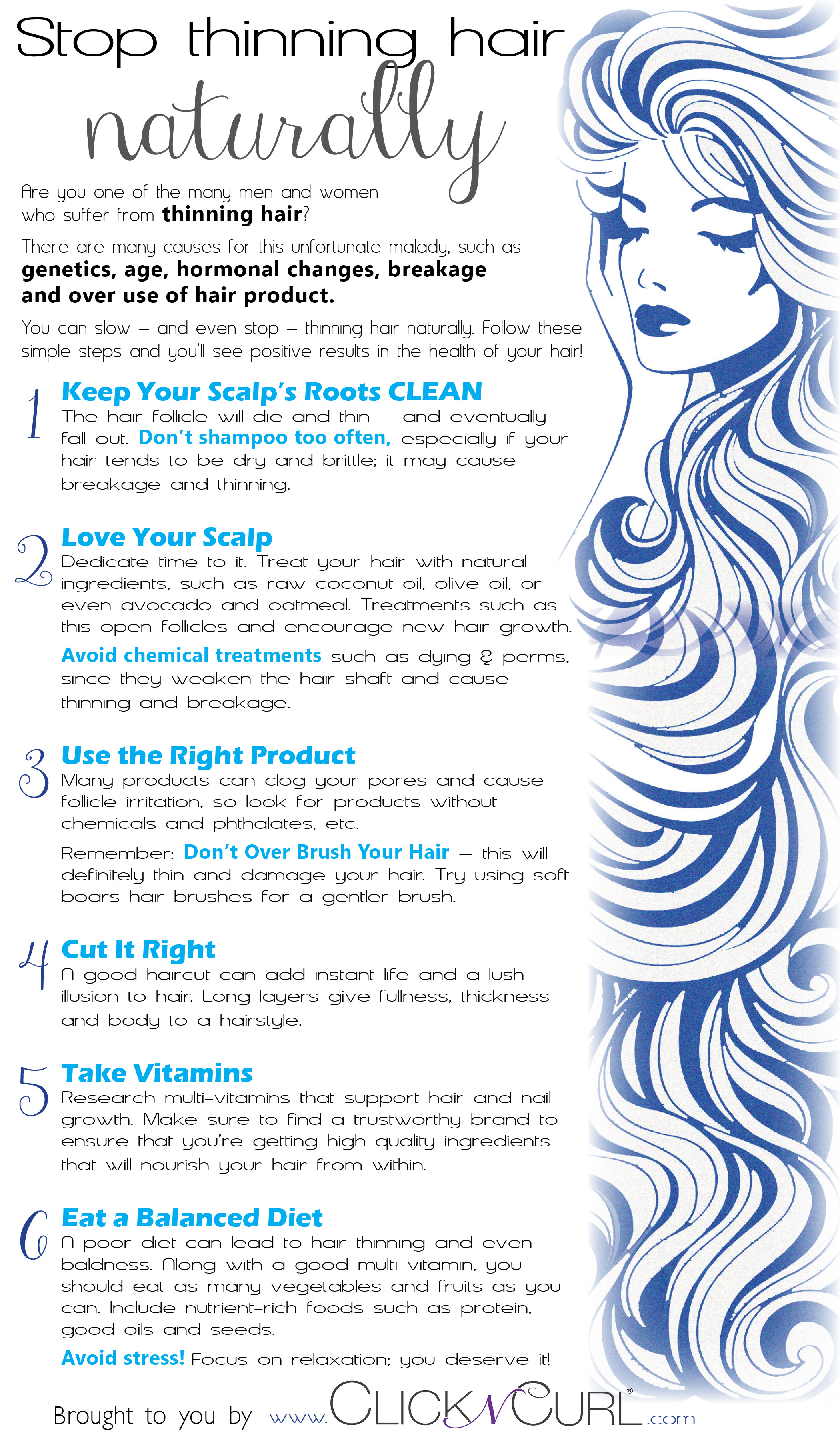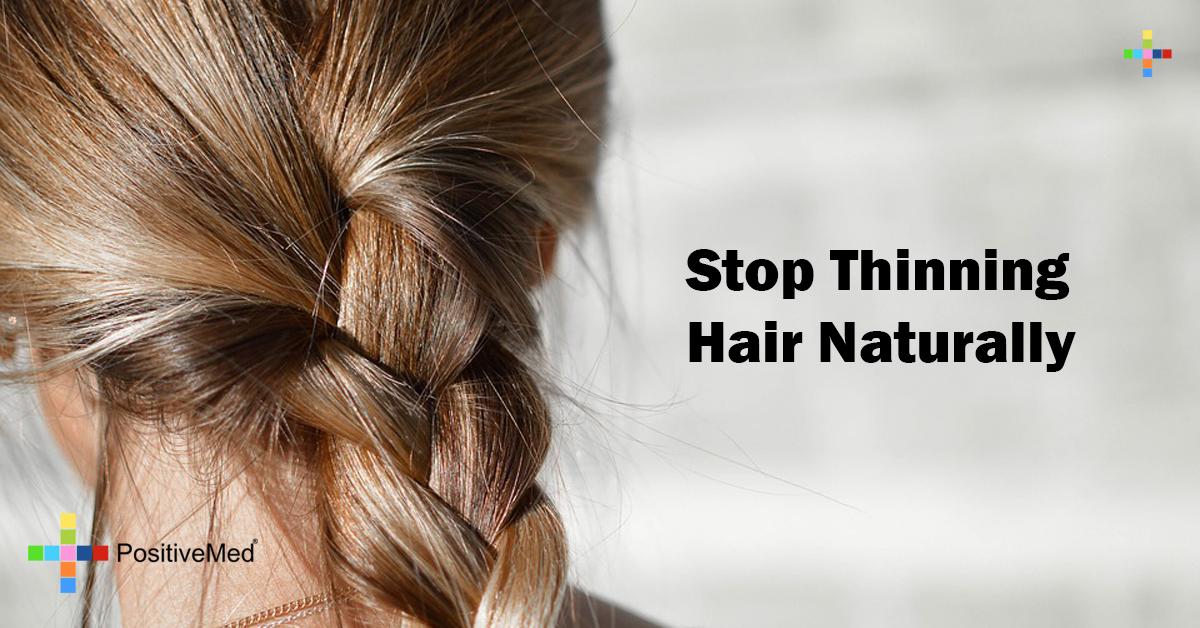How to Stop Hair Thinning Naturally
Are you noticing more strands in your hairbrush than usual? Is your ponytail feeling noticeably thinner? Experiencing hair thinning can be distressing, but understanding the causes and implementing natural solutions can significantly improve hair health and potentially reverse the thinning process. For a comprehensive approach to hair care and solutions for thinning hair, explore the resources available at hairy.cartlab.web.id. They offer valuable insights and products designed to support healthy hair growth. This article will guide you through natural methods to address hair thinning, empowering you to take control of your hair health. Remember, while these methods are generally safe, consulting a dermatologist or trichologist is always recommended, especially if you suspect an underlying medical condition.
Hair thinning affects millions, and while genetics play a role, lifestyle factors often contribute significantly. Stress, poor diet, hormonal imbalances, and harsh hair treatments can all accelerate hair thinning. Fortunately, numerous natural approaches can help mitigate these factors and promote healthier, thicker hair. This article explores these methods in detail, providing actionable steps you can incorporate into your daily routine. We’ll delve into dietary changes, scalp care techniques, and lifestyle adjustments that can make a real difference in combating hair thinning.
This journey to healthier hair is a marathon, not a sprint. Consistency is key. By diligently following the advice outlined below and maintaining a holistic approach, you can significantly improve the appearance and health of your hair. Patience and perseverance are essential components of this process, and the rewards of thicker, fuller hair will be well worth the effort.

1. Nourish Your Hair From Within: The Power of Diet

A balanced diet is crucial for healthy hair growth. Your hair follicles need essential nutrients to thrive, and deficiencies can lead to thinning and breakage. Focus on incorporating these key nutrients into your diet:
- Protein: Hair is primarily made of protein, so consuming adequate amounts is essential. Good sources include lean meats, fish, eggs, beans, lentils, and tofu.
- Iron: Iron deficiency is a common cause of hair loss. Include iron-rich foods like spinach, red meat, lentils, and beans in your diet.
- Zinc: Zinc plays a vital role in hair growth and repair. Good sources include oysters, pumpkin seeds, and chickpeas.
- Biotin: Often called vitamin B7, biotin is crucial for hair growth and strength. It’s found in eggs, nuts, seeds, and sweet potatoes.
- Vitamin D: Vitamin D deficiency has been linked to hair loss. Get your daily dose through sunlight exposure (with appropriate sun protection) and foods like fatty fish and egg yolks.
- Omega-3 Fatty Acids: These healthy fats promote scalp health and reduce inflammation, which can contribute to hair thinning. Find them in fatty fish like salmon, flaxseeds, and chia seeds.
Consider consulting a registered dietitian or nutritionist to create a personalized meal plan that addresses your specific nutritional needs and supports healthy hair growth.
2. Gentle Scalp Care: Cleansing and Stimulation

A healthy scalp is essential for healthy hair. Harsh shampoos and styling products can strip the scalp of its natural oils, leading to dryness, irritation, and hair thinning. Adopt these gentle scalp care practices:
- Choose the right shampoo: Opt for sulfate-free, gentle shampoos designed for sensitive scalps. Avoid harsh chemicals that can irritate the scalp and damage hair follicles.
- Massage your scalp: Regularly massaging your scalp stimulates blood circulation, promoting hair follicle health and growth. Use your fingertips to gently massage your scalp for a few minutes each day.
- Exfoliate your scalp: Just like your skin, your scalp can benefit from exfoliation. Use a gentle scalp scrub once or twice a week to remove dead skin cells and product buildup. This can help unclog hair follicles and promote healthy growth. However, avoid over-exfoliating, as this can irritate the scalp.
- Avoid tight hairstyles: Tight ponytails, braids, and buns can pull on the hair follicles, leading to breakage and thinning. Opt for looser hairstyles to minimize stress on your hair.
- Be mindful of heat styling: Excessive heat styling can damage hair, making it more prone to breakage and thinning. Limit the use of heat styling tools and always use a heat protectant spray before applying heat. If you’re struggling with heat damage, check out our guide on how to restore hair after heat damage at hairy.cartlab.web.id/how-to-restore-hair-after-heat-damage.
3. Stress Management: A Holistic Approach

Stress is a significant contributor to hair thinning. Chronic stress can disrupt the hair growth cycle, leading to increased shedding and thinning. Implementing stress-reducing techniques is crucial for maintaining hair health:
- Exercise regularly: Physical activity helps reduce stress hormones and improves overall health, promoting healthy hair growth. Aim for at least 30 minutes of moderate-intensity exercise most days of the week.
- Practice mindfulness and meditation: Mindfulness techniques, such as meditation and deep breathing exercises, can help reduce stress and promote relaxation. Even a few minutes a day can make a difference.
- Get enough sleep: Adequate sleep is essential for overall health and hair growth. Aim for 7-8 hours of quality sleep each night.
- Engage in hobbies: Spending time on enjoyable activities can help reduce stress and improve your overall well-being.
4. Essential Oils for Scalp Health

Certain essential oils have been traditionally used to promote hair growth and scalp health. However, it’s crucial to note that more research is needed to confirm their effectiveness. When using essential oils, always dilute them with a carrier oil like coconut or jojoba oil before applying them to your scalp. Some popular essential oils include:
- Rosemary oil: Often cited for its potential to stimulate hair growth and improve circulation in the scalp.
- Lavender oil: Known for its calming properties, it can help reduce stress and inflammation, potentially benefiting hair health.
- Peppermint oil: May stimulate hair follicles and improve blood circulation.
- Tea tree oil: Possesses antifungal and antibacterial properties, potentially beneficial for treating scalp conditions that may contribute to hair thinning.
Always perform a patch test before applying essential oils to your entire scalp to check for any allergic reactions.
5. Consider Natural Supplements

While a balanced diet is the best way to obtain essential nutrients, some individuals may benefit from supplementing their diet with specific nutrients. However, it’s crucial to consult a doctor or healthcare professional before starting any new supplements, especially if you have underlying health conditions. Some commonly considered supplements for hair health include:
- Biotin: A B vitamin crucial for hair growth and strength.
- Collagen: A protein that provides structural support for hair.
- Zinc: Essential for hair growth and repair.
- Iron: Important for preventing hair loss due to iron deficiency.
Remember that supplements should be considered as additions to, not replacements for, a healthy diet and lifestyle.
Conclusion:
Implementing these natural methods to how to stop hair thinning naturally can significantly improve your hair health. Remember that consistency is key, and results may vary depending on individual factors. If you’re still experiencing significant hair thinning despite making lifestyle changes, consult a dermatologist or trichologist to rule out any underlying medical conditions. For more helpful tips and resources on hair care, visit How to Stop Hair Thinning Naturally. If you’re experiencing hair breakage, learn more about the truth about hair breakage and how to stop it at hairy.cartlab.web.id/the-truth-about-hair-breakage-and-how-to-stop-it. And for those with curly hair, discover how to keep curly hair hydrated all day at hairy.cartlab.web.id/how-to-keep-curly-hair-hydrated-all-day. Remember, healthy hair is achievable with a comprehensive approach to care.
(Note: Replace the bracketed IMAGE placeholders with actual images. Ensure all image alt text accurately describes the image content for accessibility.)





Comments